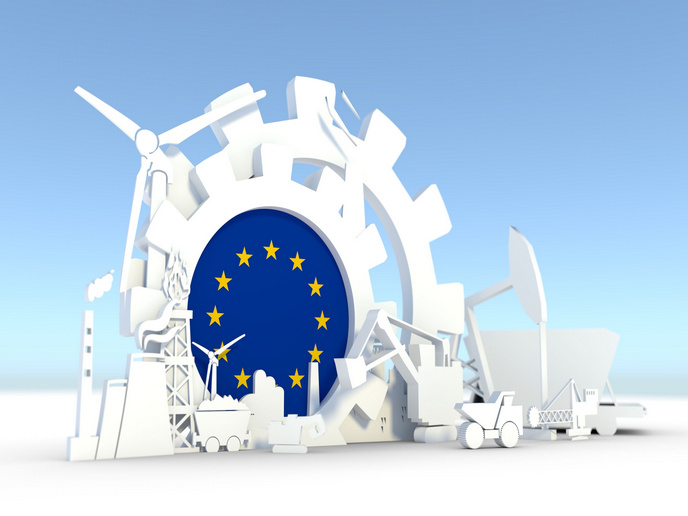Mining in the battle against climate change
Mining can have a negative impact on the environment, so it stands to reason that no one wants mines in their own backyard. However, as Europe transitions towards climate neutrality, how ethical is it to source the metals needed from mines in countries outside the EU? A new documentary now tackles the question of whether responsible mining of energy-transition metals is possible in Europe as we combat climate change. Produced with support from the EU-funded NEMO and ENICON projects, the documentary aims to spark a better-informed debate about the EU’s three-pronged strategy for raw materials involving recycling, responsible mining within our borders and responsible sourcing from outside Europe.
No metals, no green transition
To make the electric vehicles, wind turbines and batteries we need for our green transition, we require lithium, nickel, cobalt and rare earths in quantities that cannot be met by recycling alone. As reported in the documentary, according to the International Energy Agency, even if all batteries were to be recycled by 2040, this would only provide a mere 10 % of the copper, cobalt and nickel needed to make the batteries of 2040. Additionally, to meet the goals of the Paris Agreement, the demand for lithium will be 42 times higher in 2040 than it was in 2020, for cobalt 21 times and for nickel 19. Unfortunately, Europe is almost totally reliant on imports from mines outside its borders, thus making it vulnerable. So, realistically speaking, the EU needs more mines. As Anders Sand, R&D Manager at Swedish mining company and NEMO and ENICON project partner Boliden, states in the documentary: “I would very much support European self-sufficiency of metals. If you don’t have metals, there’s no green transition.” The fact is that Europe does have the resources to become less dependent on the rest of the world. But is socially and environmentally responsible mining possible in Europe? In the documentary, Director of KU Leuven Institute for Sustainable Metals and Minerals Dr Peter Tom Jones visits Boliden’s Aitik mine – Europe’s largest open pit copper mine – in northern Sweden to see an example of a mine being operated responsibly. Measures taken at the mine include electrified trucks powered by hydropower and wind power, the use of fewer reagents to recover metals and research into reagents with a smaller environmental impact. Further efforts include biodiversity projects to compensate for the loss of biodiversity at the mining site and research on recovering resources from mining waste. The documentary is accompanied by two vodcasts in which Dr Jones interviews leading experts in the field. In the first vodcast, Boliden’s Sand answers questions on responsible mining, the rehabilitation plans needed for such a transition, Europe’s not-in-my-backyard syndrome, the likelihood of new mines in the next decade and the EU’s raw materials strategy. In the second vodcast, Dr Jones speaks to Maria Nyberg from the European Commission’s Directorate-General for Internal Market, Industry, Entrepreneurship and SMEs to get better insight into Europe’s official position on primary mining of energy-transition metals. NEMO (Near-zero-waste recycling of low-grade sulphidic mining waste for critical-metal, mineral and construction raw-material production in a circular economy) ends in 2022. ENICON (Sustainable processing of Europe’s low-grade sulphidic and lateritic nickel/cobalt ores and tailings into battery-grade metals) ends in 2026. For more information, please see: NEMO project website ENICON project website
Keywords
NEMO, ENICON, mining, metal, documentary, green transition, copper, nickel, cobalt, lithium, battery



